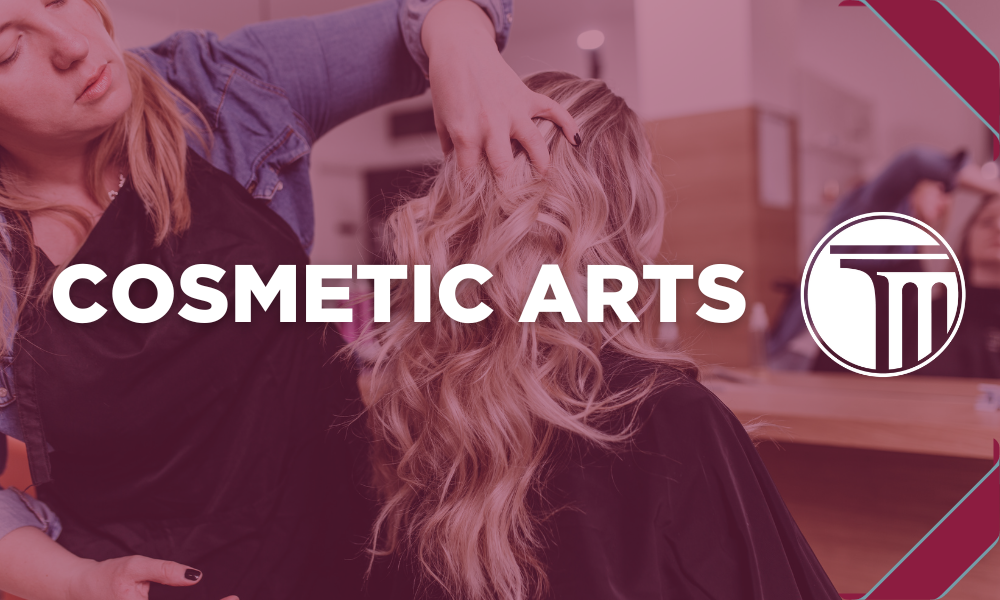Mitchell’s Cosmetic Arts programs can give you the skills you need to work in a salon, a spa, even backstage at the theater! Learn about hair design, chemical processes, skin care, nail care, multi-cultural practices and professional imaging.
If you’re already a cosmetology professional and want to share your skills and knowledge with others, Mitchell has a certificate to help you become a cosmetology instructor.
Cosmetic Arts Physical Requirements (Opens in New Tab)
- Study Options
- Program Cost
Additional Program Information
- Cosmetology Diploma
- Esthetics Technology Certificate
- Manicuring/Nail Technology Certificate
- Short-term Training Opportunities
The Cosmetology curriculum is designed to provide competency-based knowledge, scientific/artistic principles, and hands-on fundamentals associated with the cosmetology industry. The curriculum provides a simulated salon environment which enables students to develop manipulative skills.
Course work includes instruction in all phases of professional imaging, hair design, chemical processes, skin care, nail care, multi-cultural practices, business/computer principles, product knowledge, and other selected topics.
Graduates should qualify to sit for the State Board of Cosmetic Arts examination. Upon successfully passing the State Board exam, graduates will be issued a license. Employment is available in beauty salons and related businesses.
Cosmetology program completion requires success in both academic course work and salon practice. The successful completion of all coursework and salon practice provides the minimum 1500 hours for eligibility to sit the State Board of Cosmetic Arts examination.
The Esthetics Technology curriculum provides competency-based knowledge, scientific/artistic principles and hands-on fundamentals associated with the art of skin care. The curriculum provides a simulated salon environment which enables students to develop manipulative skills. Some hours available online.
Course work includes instruction in all phases of professional Esthetics Technology, business/human relations, product knowledge, and other related topics.
Graduates should be prepared to take the North Carolina Cosmetology State Board Licensing Exam and upon passing be licensed and qualify for employment in beauty and cosmetic/skin care salons, as a platform artist, and in related businesses.
The Esthetics Technology Certificate includes two academic theory courses (concepts) and two salon courses which cover all knowledge, manipulative skills and practical hours needed to qualify for the NC Licensure exam. Students must complete all courses successfully in order to be eligible and have accumulated a minimum of 600 hours in training in order to be eligible to sit the licensure exam.
The Manicuring/Nail Technology curriculum provides competency-based knowledge, scientific/artistic principles, and hands-on fundamentals associated with the nail technology industry. The curriculum provides a simulated salon environment which enables students to develop manipulative skills. Some hours available online.
Course work includes instruction in all phases of professional nail technology, business/computer principles, product knowledge, and other related topics.
Graduates should be prepared to take the North Carolina Cosmetology State Board Licensing Exam and upon passing be licensed and qualify for employment in beauty and nail salons, as a platform artist, and in related businesses.
The Manicuring and Nail Technology Certificate includes two academic theory and practices courses which meet the minimum 300 hour of instruction to be eligible for the NC State Board of Cosmetic Arts–Manicuring licensure exam. Additionally, the certificate includes two courses in business to prepare graduates for employment or to open their own business.
Manicurist/Nail Technician
The first eight weeks of this course covers techniques of nail technology, hand and arm surface manipulation, and recognition of nail diseases and disorders. Topics include OSHA/safety, sanitation, bacteriology, product knowledge, salesmanship, manicures, artificial applications, pedicures, surface manipulation, and other related topics. Upon completion, students should be able to safely and competently perform nail care, including manicures, pedicures, surface manipulations, decorating and artificial applications in a salon setting.
The second eight weeks of this course covers advanced techniques of nail technology and hand and arm surface manipulation. Topics include OSHA/safety, product knowledge, customer service, salesmanship, artificial applications, nail art, and other related topics. Upon completion, students should be able to demonstrate the competence necessary for the licensing examination, including advanced nail care, artificial enhancements, and decorations.
One hour lunch on your own.



